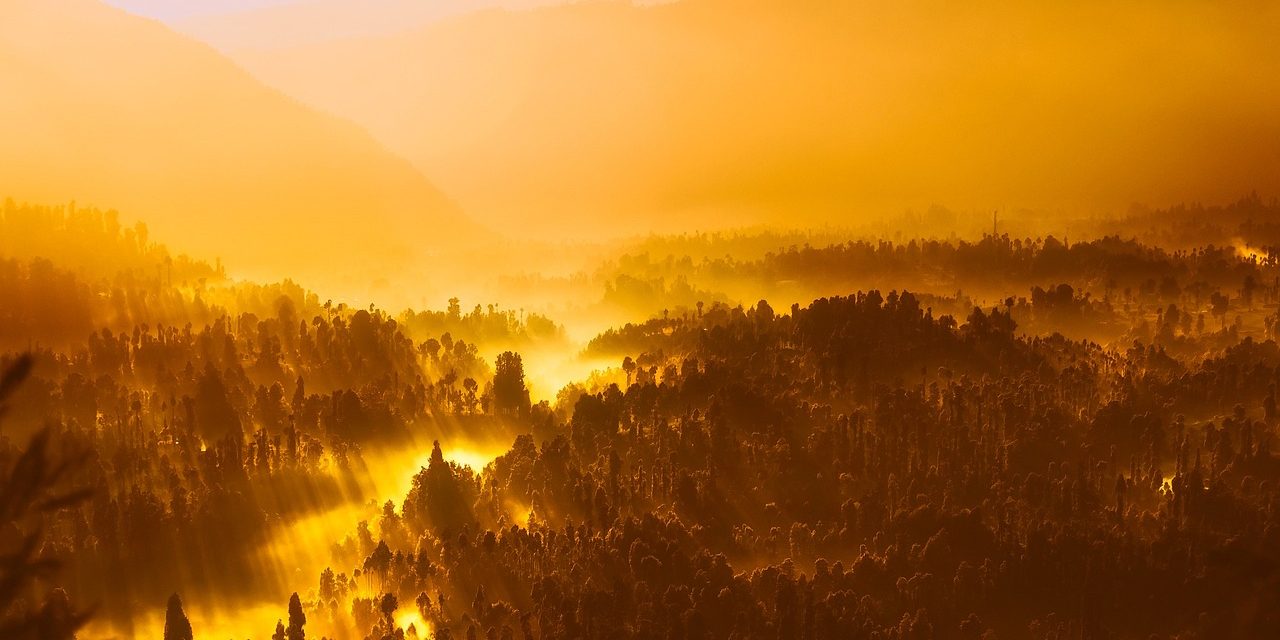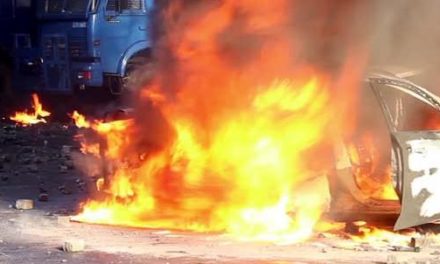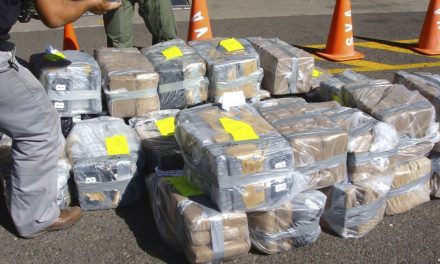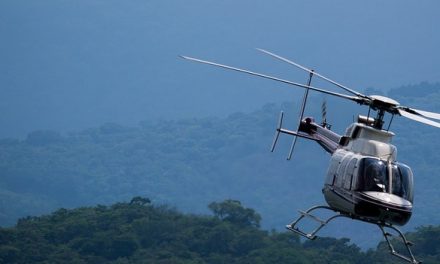As my team works its way through the mountainous jungle, chopping the Santa Blanco cartel’s operations off at the knees and giving the Unidad military a pair of black eyes, there are eternally two distinct voices in our ears: Karen Bowman, the CIA spook who acts as our in-country liaison and who functionally calls the shots for which operations we should prioritize, and Pac Katari, the de facto rebel leader who acts as our primary contact with the local insurgency movement.
Karen has spent several years in Bolivia posing as an NGO implant, learning all she can about the cartel and how it operates, the key players, and where to hit them for the maximum effect. She’s cold through-and-through, and hates El Sueño—the unquestioned king of local narcotic production—with a passion. She’s seen first-hand what violence and atrocities the cartel has inflicted on the people, and wields us like a scalpel in the hand of a surgeon who sees cancer on every organ. She doesn’t just want us to break up Santa Blanco, she wants us to instill abject terror in anyone even remotely connected to the organization.
Pac’s rebels may not be trained or equipped well, but they lack in formal structure they make up for in nationalistic zeal. They see the cartel and Unidad as exploitative tyrants, crushing the good people of Bolivia beneath their boot-heels for ego and profit. While my team doesn’t have much direct contact with individual rebels, other than freeing them from pre-execution holding pens set up at cartel bases, Pac has been better than expected at routing his people to support us where necessary, whether as a distraction to draw forces away from our objective or for additional firepower in the event of an unexpected counter-assault.
Most of our job, post-operation, is to sit back and let the rebels take credit for the weakening of the cartel’s hold on the area. Day after day we see more cars with the unofficial rebel slogan “Luchar Para Bolivia” spray-painted on their sides. Unidad and the cartel are likely to take a very displeased—and thus violent—view of the rebel support, so the fact that everyday citizens are showing unity is a powerful statement against the entrenched power structure, and emboldens others to rally to Katari’s flag. Their collective action starts turning the cartel’s hanging of “traitors” and “dissidents” on city streets from a source of fear to a source of resolve and determination to keep fighting.
Though they are less likely to make national headlines than the more explosive and gunfire-riddled assaults that are typically our hallmark, some of the most important missions we engage in are those which spread Pac Katari’s message of freedom, of solidarity, and of rebellion to small villages and communities that may not yet realize just how successful the rebel forces—including our actions—have been at fighting back the cartel and military powers. The rebels swoop in at night and drop off a generator with a wide-band radio transmitter, then bug out before the cartel can get a bead on them. As the run rises, it becomes our turn.
Santa Blanco has an effective propaganda arm—with El Cardenal handling religious indoctrination, DJ Perico as a friendly voice on every talk radio station, and El Chido crooning about the “good” the cartel does for the people of Bolivia—which means they’re also on the lookout for rogue or pirate broadcasts that buck the official party line. When we flick on the generator and start the broadcast, it’s never long before trucks filled with sicarios, low-level pistoleros, or drug-fueled hatchetmen show up, looking to stop the signal and take out their frustrations on the local population. That’s where we come in, having spent the early morning identifying ingress and egress routes, likely lines of attack, and getting intel about nearby cartel bases. We post up, maybe set a few decoys with simulators to draw fire, and wait for the party.
We don’t always succeed—sometimes a few too many stray bullets find their way into the innards of the radio or the generator—but more often than not we make sure that Pac Katari’s message of a united Bolivia reaches far and wide. And if there’s any doubt in the locals’ minds as to whether or not Santa Blanco can be defeated, by the time we vanish back into the mountains or jungle there’s usually a pile of cartel toughs, and maybe a few burned-out cars, stacked like cord wood near the generator. It’s a message to the people that the rebellion is real, it’s powerful, and it can make the oppressors bleed.
While “hearts and minds” isn’t exactly Bowman’s mandate, it’s both effective and beneficial for us to support the rebels. More than once we’ve been able to hide from a Santa Blanco search team with the aid of a household who—maybe just days earlier—would have given us up out of fear, without question. She’s largely content to let Bolivians sort out for themselves what to do when the cartel eventually crumbles, but she respects Katari’s efforts—and ultimately, ours too—to actually free the people and give them the sense of identity and purpose that has been for too long denied.
Sometimes I think about the bad things we do for the good of our country, and for the good of other countries, and while I’m not exactly an “ends justify the means” kind of person, it’s pretty damn rewarding to see meaningful, measurable progress toward something better during the middle of a long-term operation, rather than hoping it all works out when we’re done.
Header image provided by Pixabay.com, a fantastic resource for royalty-free images














